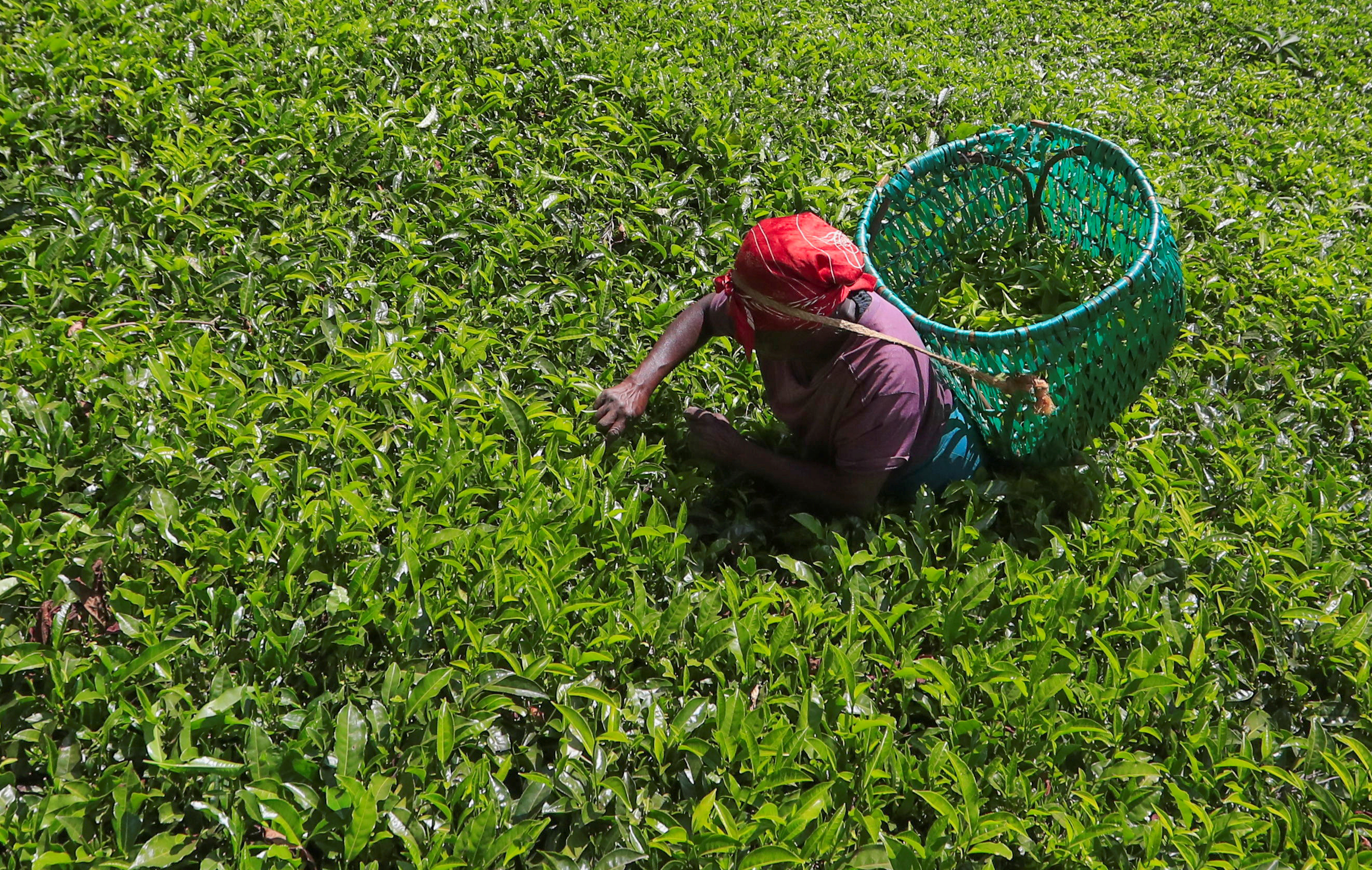
Some tea sector stakeholders are now calling for a review of some regulatory approaches they claim remain one of the biggest obstacles to the industry.
The stakeholders also cited the 2021 government pricing directive as having direct effect on the low tea prices.
The Kenya Tea Growers’ Association (KTGA) called on Parliament to consider relooking at the existing regulatory framework to stabilise the sector, even as global prices fluctuate and production costs rise.
The association’s CEO Lindah Oluoch said regulatory overlaps have only served to increase production cost as well as discourage investment in value addition.
“Multiple regulatory requirements from agencies such as Kenya Bureau of Standards, National Environment Management Authority, Kenya Revenue Authority and the Tea Board of Kenya increase compliance costs and create delays that discourage investment in value addition,” Oluoch said.
KTGA was making its submissions before the National Assembly’s Agriculture and Livestock Committee which is investigating the falling prices of tea.
The committee, chaired by Tigania West MP John Mutunga, is expected to meet officials from the Ministry of Agriculture, the Tea Board of Kenya, KTDA, tea brokers, and marketers to establish factors contributing to the reduced payments.
Oluoch said overlapping regulations, inconsistent policy enforcement and slow reforms continue to hamper efficiency and hurt earnings for smallholder growers.
She pointed conflicting mandates among regulatory bodies and delayed implementation of sector-wide reforms as persistent bottlenecks.
According to KTGA, the lack of a streamlined framework has created uncertainty in pricing, weakened market competitiveness and discouraged investment in value addition.
Oluoch also noted that price setting through the July 2021, government directive has contributed to the current price levels in the industry.
The directive by the Ministry of Agriculture established a minimum price for small-holder factory teas sold at the auction.
“The setting of a minimum price, although aimed at stemming the drop in prices realised for tea and pushing a positive response from the market, failed to drive a positive response by the market and instead led to an oversupply of tea at the Auction and the worst decline in tea prices historically,” Oluoch said.
Farmer representatives added that reforms meant to protect growers have been diluted by bureaucratic interference, leaving producers exposed to exploitation and volatile markets.
“Simplify and harmonise regulatory processes through one-stop regulatory windows for tea processors,” Oluoch said.
“Review and rationalise fees, timelines and duplicative requirements and promote risk-based regulation to reduce unnecessary burdens on compliant facilities.”
KTGA also decried discriminatory county-level rates which they argue reduce investor confidence.
According to the submission tabled in Parliament, several counties impose significantly higher land rates, agricultural cess or large-scale levies on major producers.
“These charges are often inconsistent across counties and not aligned with economic principles guiding fair taxation. The unpredictability and escalated charges create a punitive operating environment that discourages long-term investment and undermines competitiveness,” she said.
“We call for harmonisation of county charges through the Council of Governors, National Treasury and sector representatives to ensure predictability and fairness. Align county-level charges with service provision and business facilitation rather than enhancement of revenue raising.”
INSTANT ANALYSIS
Kenya Tea Growers Association was established in 1931 by large-scale tea producers to promote the common interests of the members in the cultivation and manufacture of tea. The membership of KTGA is drawn from tea producer companies with operations in Kericho, Bomet, Nyamira, Nandi and Kiambu counties.

















